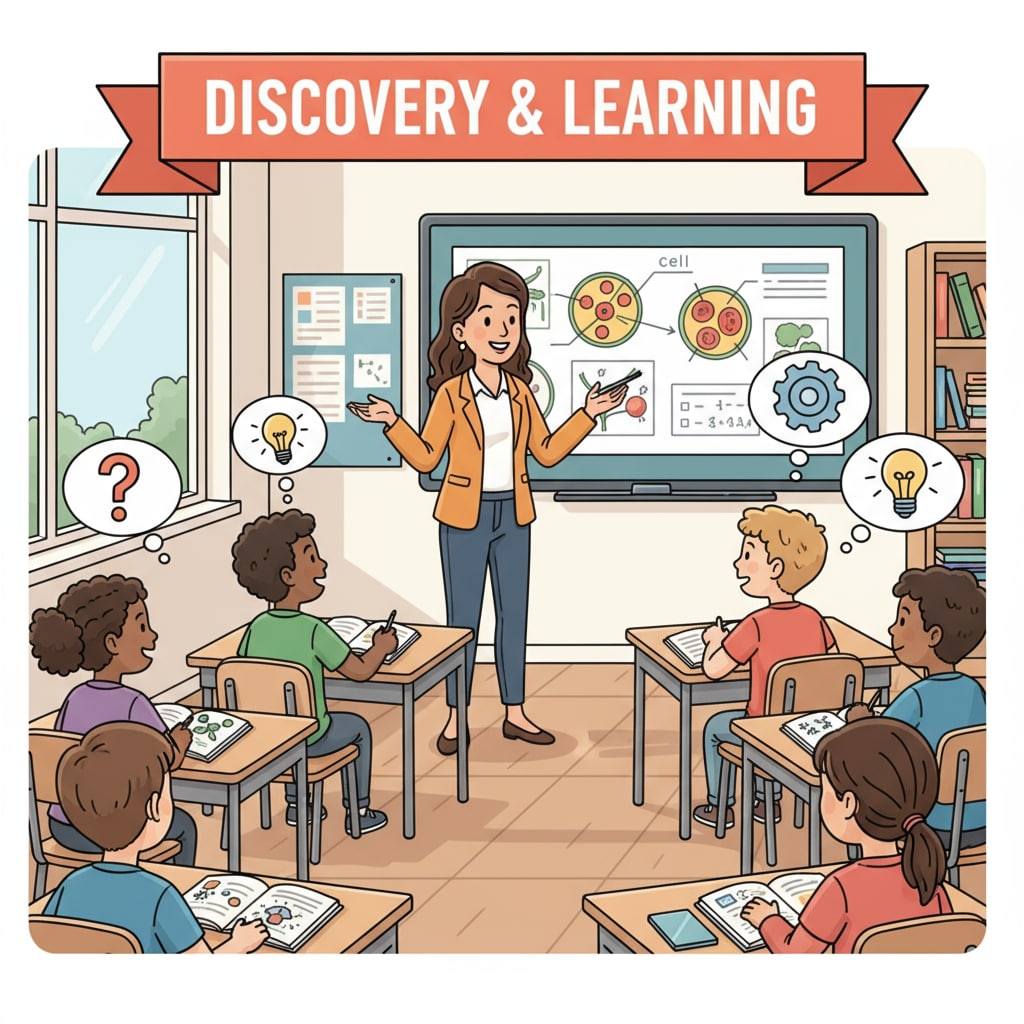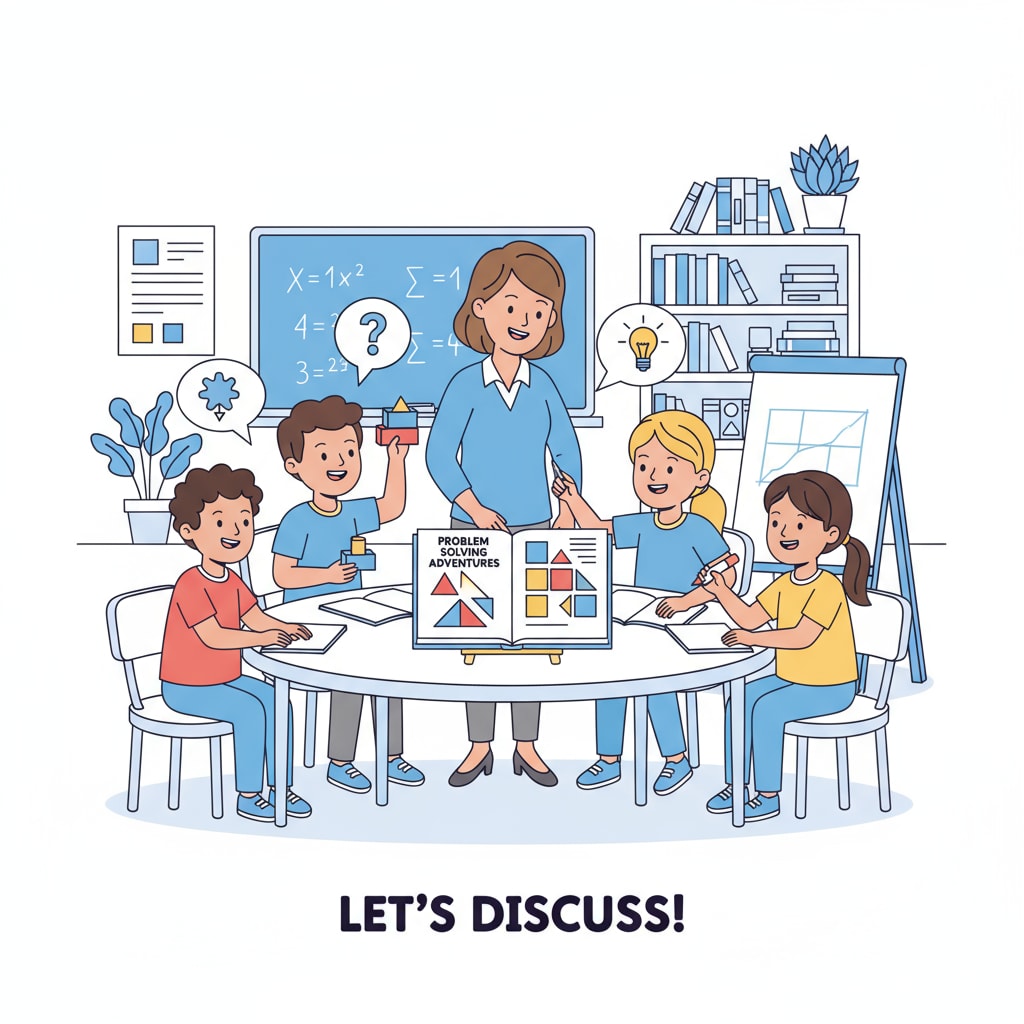In the digital age, the thinking abilities, concentration, and cognitive functions of K12 students are under unprecedented threat. With the prevalence of digital devices, students are constantly bombarded with information, making it difficult for them to engage in deep thinking and maintain focus. This article delves into effective ways to help students restore these crucial skills, laying a solid foundation for their lifelong learning journey.

The Digital Distraction Dilemma
The digital age has brought numerous benefits, but it has also introduced a significant challenge to students’ cognitive development. Smartphones, tablets, and social media have become an integral part of their lives, leading to shortened attention spans and shallow thinking. For example, a study by Britannica has shown that excessive screen time can disrupt the brain’s neural pathways related to concentration and deep thought. As a result, students often struggle to focus on complex tasks and analyze information critically.
Educational Interventions for Improvement
One of the key ways to enhance students’ thinking abilities and concentration is through targeted educational interventions. Teachers can design lessons that encourage deep thinking, such as problem-based learning and discussion forums. By presenting real-world problems, students are forced to analyze, evaluate, and come up with solutions, thereby strengthening their cognitive functions. Additionally, incorporating mindfulness exercises into the curriculum can help students train their minds to stay focused. According to Wikipedia, mindfulness has been proven to improve attention and reduce stress, which are essential for effective learning.

Optimizing the Learning Environment
The learning environment plays a crucial role in a student’s ability to concentrate and think deeply. A clutter-free and quiet space can minimize distractions and allow students to focus better. Schools and parents should ensure that study areas are well-organized and free from unnecessary noise. In addition, creating a positive social environment where students feel safe to express their ideas can stimulate deep thinking. When students are encouraged to share and debate their thoughts, they are more likely to develop critical thinking skills.
Lifestyle Adjustments for Cognitive Health
Beyond the classroom, students’ lifestyle choices also impact their thinking abilities and concentration. A balanced diet rich in nutrients like omega-3 fatty acids, vitamins, and minerals is essential for brain health. Regular physical exercise can increase blood flow to the brain, enhancing cognitive functions. Moreover, getting enough sleep is crucial. Lack of sleep can lead to fatigue, decreased attention, and impaired thinking. Parents should encourage their children to maintain a healthy lifestyle to support their cognitive development.
In conclusion, restoring the thinking abilities, concentration, and cognitive functions of K12 students in the digital age requires a multi-faceted approach. By implementing educational interventions, optimizing the learning environment, and promoting healthy lifestyle choices, we can help students develop the skills they need to succeed in their academic pursuits and beyond.
Readability guidance: This article uses short paragraphs and lists to summarize key points. Each H2 section provides practical suggestions. The proportion of passive voice and long sentences is controlled, and transition words are evenly distributed throughout the text to enhance readability.


